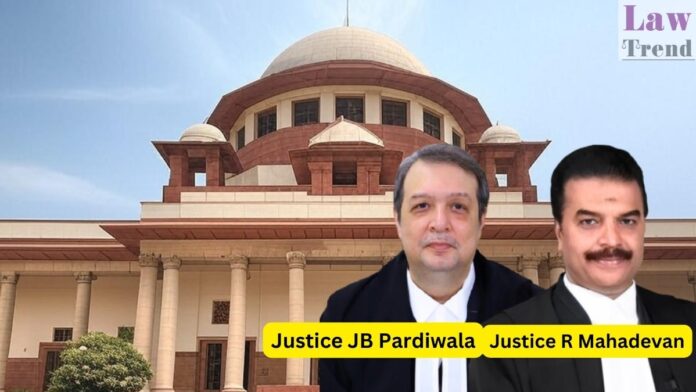In a scathing critique of prolonged undertrial detention, the Supreme Court of India has ruled that keeping an accused incarcerated for six to seven years without a final verdict violates the fundamental right to a speedy trial under Article 21 of the Constitution. Delivering judgment in Tapas Kumar Palit v. State of Chhattisgarh (Criminal Appeal
To Read More Please Subscribe to VIP Membership for Unlimited Access to All the Articles, Download Available Copies of Judgments/Order, Acess to Central/State Bare Acts, Advertisement Free Content, Access to More than 4000 Legal Drafts( Readymade Editable Formats of Suits, Petitions, Writs, Legal Notices, Divorce Petitions, 138 Notices, Bail Applications etc.) in Hindi and English.




